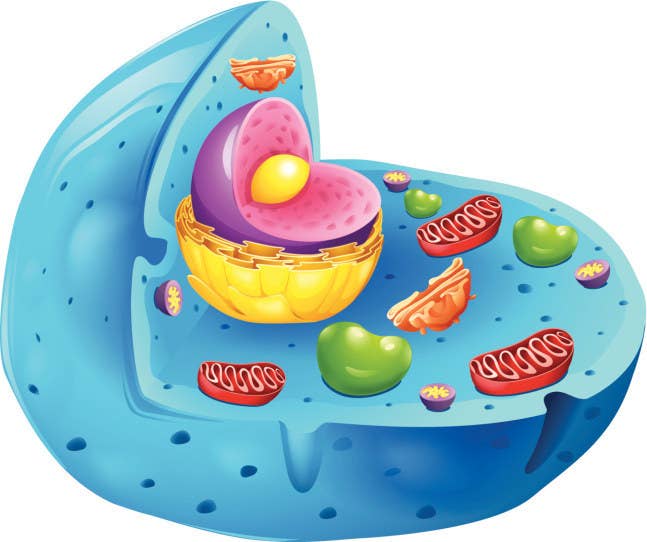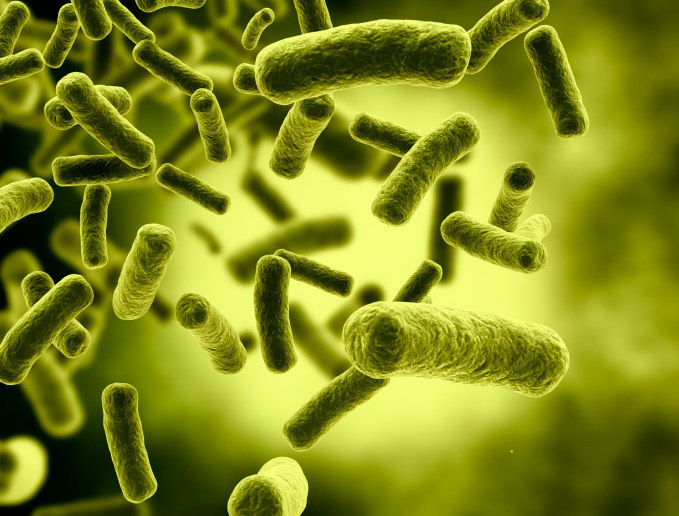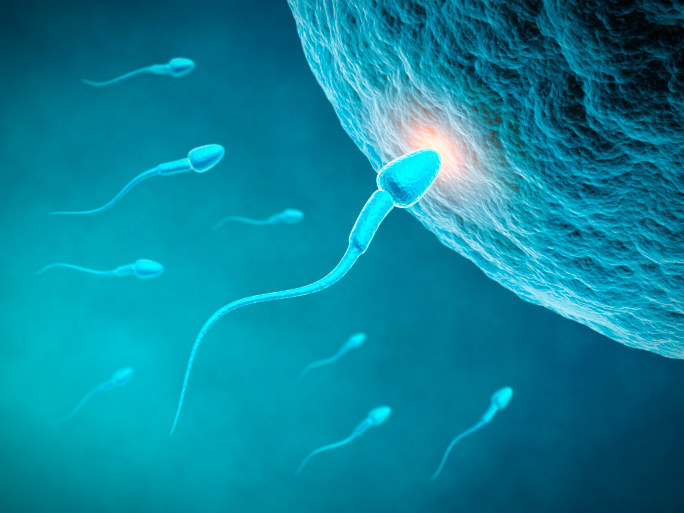UPDATE: the House of Commons has voted in favour of the measure.
A total of 382 MPs voted for it, while 182 voted against. However, would-be parents will not be able to undergo the procedure until it is approved by the Human Fertilisation and Embryology Authority (HFEA).
1. Calling children conceived using mitochondrial DNA from a female donor "three-parent babies" is a bit of a stretch.

2. Mitochondrial disease can be horrible, and this procedure could prevent it in children.
There might not be many genes in the mitochondria, but when they go wrong, it can be devastating. Mitochondrial disease can lead to diabetes, blindness, deafness, learning difficulties, muscle wastage, and early death. The battery in your car may not the most important bit, but when it goes wrong, the car won't start.
And because the mitochondria are present in every cell – all 100 trillion or so in the body – it is impossible to replace them, except right at the moment of conception.
Sarah Wollaston, a Conservative MP and medical doctor, told BuzzFeed News: "This isn't about wanting a child who's more intelligent, more beautiful, has a particular eye colour or a different kind of personality. This is about trying to save children from a really hideous disease."
3. Mitochondria used to be bacteria.

4. If MPs vote in favour of allowing the technique today, Britain will be the first country in the world to have approved it explicitly.
Other countries have laws that could allow this sort of treatment – the USA doesn't specifically ban it, for instance, although it would be unlikely to get past the health regulator. Lots of other countries have lax or non-existent laws on this subject. But Britain will be the first country to have had a proper parliamentary debate to decide whether science, ethics, and public opinion is behind the move. And in all likelihood we will then be the first country to go ahead with it.
We've been pioneers of technology like this before – specifically in vitro fertilisation, or IVF. Louise Brown, the first "test tube baby" (actually conceived in a Petri dish), was born in Oldham to a couple who'd been trying to conceive for nine years.
Now, about 50,000 women have IVF in Britain every year, and it is estimated that the procedure has led to 5 million births worldwide. That's a lot of happy families that otherwise wouldn't have existed.
"Decades ago there was a hugely controversial debate [over IVF], and a lot of the same issues were raised, but would we really want to reject IVF now?" said Wollaston. "Of course I understand there are people who feel profoundly that anything that involves a kind of genetic manipulation would be part of a slippery slope. But there's always going to be a first time for using this technology, and this has been debated now for seven years."
5. Mitochondrial DNA is only passed down through mothers.

6. A yes vote in parliament would not mean the procedure starts taking place immediately.
There are understandable concerns over the risks of any new procedure, especially ones involving babies. But as Mark Henderson, head of communications at the biomedical charity the Welcome Trust, told BuzzFeed News: "There are uncertainties, as with any new treatment. But the risks are generally considered by scientists to be low, certainly compared to the known risks of having a child with mitochondrial disease."
More importantly, he said, a yes vote would not mean the end of scrutiny. Parliament is voting on the general direction of travel, informed by the science and public opinion, and would then hand over detailed regulation of the science to the Human Fertilisation and Embryology Authority (HFEA). The HFEA would look at the state of research and say whether or not the procedure is safe yet to carry out on humans. It could be that it says more research is required. Parliament will not be required to vote again, but until the HFEA is satisfied, no "three-parent babies" will be born.

